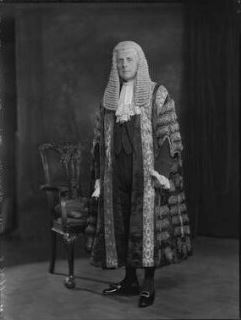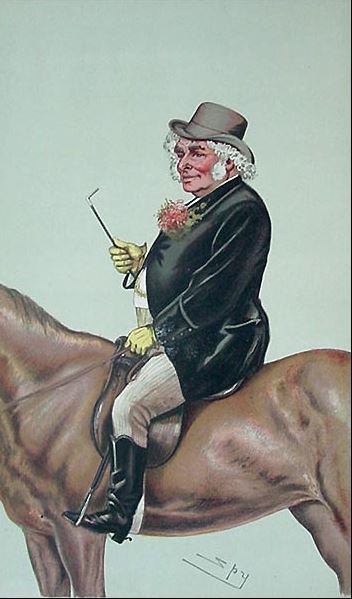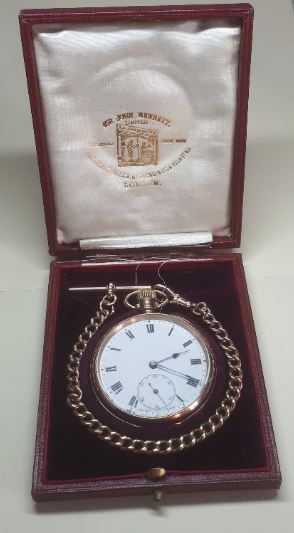Sir John Bennett FRAS (born, 15 October 1814 – died, 3 July 1897) was a watchmaker, a local politician and a flamboyant London personality. Although, a qualified watchmaker, he was primarily involved in the retail side of the business selling Bennett branded Swiss and English watches.
Early life
Bennett was the eldest son of John Bennett, a watchmaker in Greenwich, South-east London. He was educated at Colfe’s Grammar School, Lewisham. Little is known of his early career. However, at some point, he must have served a watchmaking apprenticeship. In 1846, at the age of 32, he established his own business as a watchmaker at 65 Cheapside, in the City of London. As well as being a businessman, he was also civic-minded.
Civic career
Bennett was a Common Councilman on the City of London Corporation for the Ward of Cheap from 1862 – 89. In October 1872 he was elected to the London School Board to fill a casual vacancy in the representation of the City of London. Although he stood down from the school board at the election in 1873, he returned to serve a three-year term from 1876 – 79. He served a further term from 1885 – 1889.

He was a Sheriff of London and Middlesex in 1871 and a Lord Lieutenant of the City of London. In addition, he was knighted as part of the celebrations for the recovery of the Prince of Wales from typhoid in the same year. He unsuccessfully stood for parliament on three occasions; Greenwich (1873), Maldon (1874) and Wiltshire (1886). Some of the failures were undoubtedly due to his flamboyant personality which showed not in his outspoken ideas. He was also flamboyant in his dress and public behaviour. In the Lord Mayor’s show, he tended to appear in a velvet jacket and a broad-rimmed hat, seated on a white horse. As a result, he often received more applause than the Lord Mayor himself. The image below, from Vanity Fair 1883, suggests he was a colourful character.

Business and promotion
An eccentric character, Bennett took every opportunity to promote his watchmaking business and went into advertising in a big way. The façade of his Cheapside shop promoted him as “watch maker to the Queen” and “clock maker to the Royal Observatory”. Strictly speaking, neither claim was correct, as Bennett did not manufacture watches. In addition, he promoted his business in print with a number of his advertisements including pictures of the various watches and clocks he sold. The 1851 Exhibition warranted a page-long advert in the official catalogue.
Lectures and opinions
Bennett was also known for his lectures on watchmaking. In particular, he praised the quality of Swiss timepieces. For example, in Leeds, in 1856, he gave his audience an explanation of how watches are made. In addition, he expressed his opinion as to why Switzerland was so far ahead of England in producing good timepieces. He attributed their success to the higher education of the people and the subdivision of labour. In addition, the employment of Swiss women was beneficial as they were particularly well-suited to the delicate work of watchmaking. He was also in favour of the adoption of the metric system. Switzerland, once again, was quoted as an example of its convenience in manufacturing.
The pocket watch below, from my collection, is the perfect example of Bennett’s work. It has a good quality Swiss movement with 15-jewels. It comes with a rose gold case with the maker’s mark for Sir John Bennett. Finally, it comes in the original presentation box. The print on the box suggests it was sold from the Cheapside store. The fact that the watch is still accurate today is a testament to Bennett’s belief in Swiss watchmaking. This watch loses about a minute a day, which is excellent for an antique.
The business was acquired by JW Benson in 1889. However, the business continued to trade under the Sir John Bennett name. At this point, Bennett would have been 75 years old. As a result, the sale probably funded his retirement. Bennett died in 1897. However, the business continued to operate under his name. The shop was eventually put up for sale in the late 1920s and the business closed.
Related content
British Museum biography – Sir John Bennett
Read about other Manufacturers and Makers.
